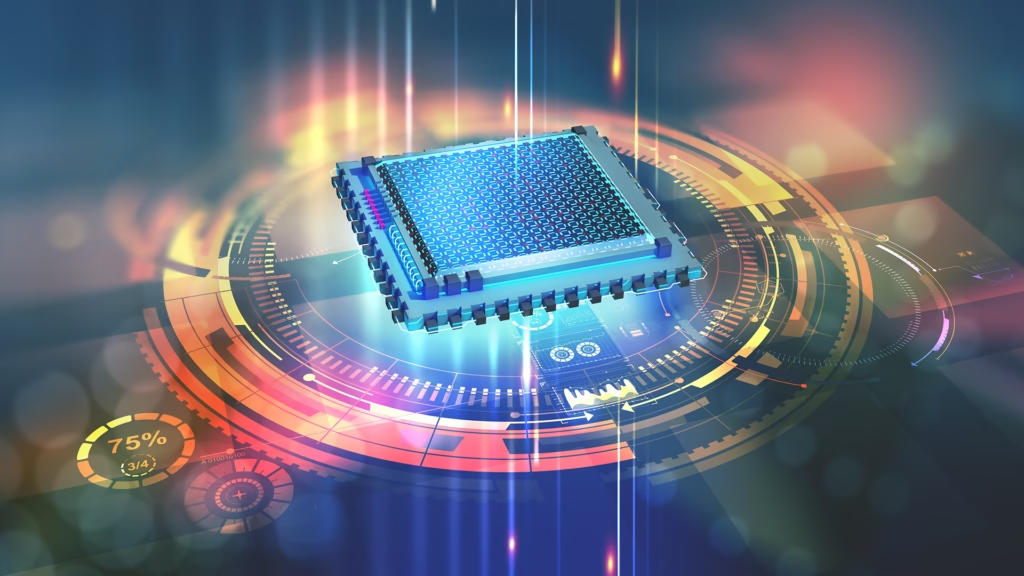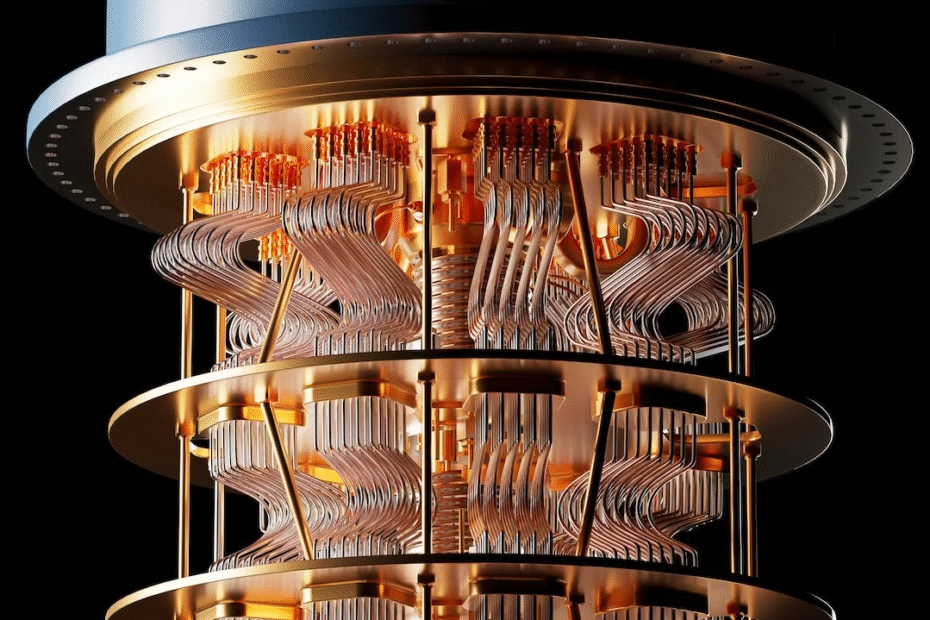The future of computing, explained simply.
Imagine you’ve got a problem so big, so complex, that even the fastest supercomputers would take years to solve it. Think: designing new medicines, decoding secret messages, or modeling the behavior of black holes. Sounds like science fiction, right?
This is where a Quantum Processing Unit, or QPU, steps in.
🚀 So, What’s a QPU?
A QPU is like the brain of a quantum computer—just like a CPU is the brain of your laptop or phone. But instead of using regular bits (which are either 0 or 1), QPUs use something called qubits.
Here’s the magic part:
A qubit can be 0, 1, or both at the same time. (Yes, really. It’s called superposition.) That means a quantum computer can explore many possibilities at once, making it incredibly powerful for certain types of problems.

🧠 Why Do We Need QPUs?
Because our regular computers, no matter how fast, are still limited by the laws of classical physics. QPUs use the weirdness of quantum mechanics—like entanglement and superposition—to do calculations that might take a normal computer millions of years.
Some things QPUs are great at:
- Breaking complex encryption (good for security testing)
- Simulating chemical reactions (for drug discovery)
- Solving optimization puzzles (for logistics, finance, and more)

🏗️ But Are They Replacing CPUs?
Not yet. Quantum computers are still in the early stages. They’re delicate, often need super-cold environments, and only work on very specific problems. For now, QPUs complement classical computers rather than replace them.
🧩 Final Thoughts
Think of QPUs as the experimental engines of the future. They won’t replace your everyday computer anytime soon, but they’re opening the doors to a whole new way of thinking about technology and problem-solving.
In short:
A QPU is a processor that uses the rules of quantum physics to solve problems way beyond the reach of today’s computers.

